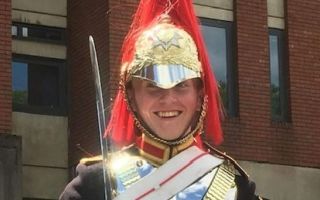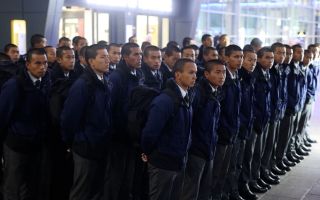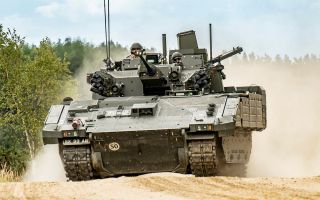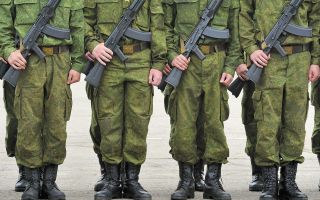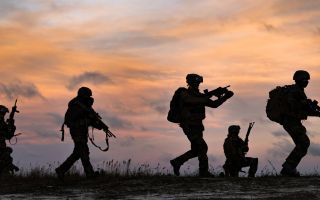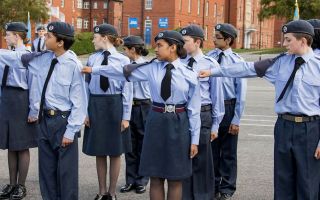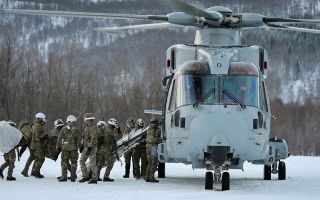'Exceedingly Busy': Army Reservist NHS Nurse On COVID-19 Frontline
An Army reservist who works as an NHS nurse in emergency departments has spoken to Forces News about what life is like on the frontline of the COVID-19 pandemic.
Major Rachel Reynolds works in NHS hospitals across Yorkshire and said emergency rooms are "exceedingly busy", adding: "With this new variant, it’s hard."
"Nurses and doctors are tired, my colleagues are tired, I’m tired. It’s very stressful," the reservist said.
"You’re putting your own health at risk and, although you’re wearing full personal protective equipment [PPE] when you’re dealing with these patients, there are so many people who do not have any symptoms who are potential carriers."
Maj Reynolds also acknowledged how hard it is for patients, as they are unable to have family and friends visit them.
"We’re trying to do that role as well, and comfort them and reassure them," she said.
"Obviously we’re in full PPE so you learn to smile with your eyes so that they can see that you’re genuinely caring for them."
Maj Reynolds added PPE is "very hot" and that she has had to cut her hair in order to remain cool.
"You’re soaked through to the skin with sweat.
"I took some scissors to my hair in absolute desperation and my husband had to sort it out for me."
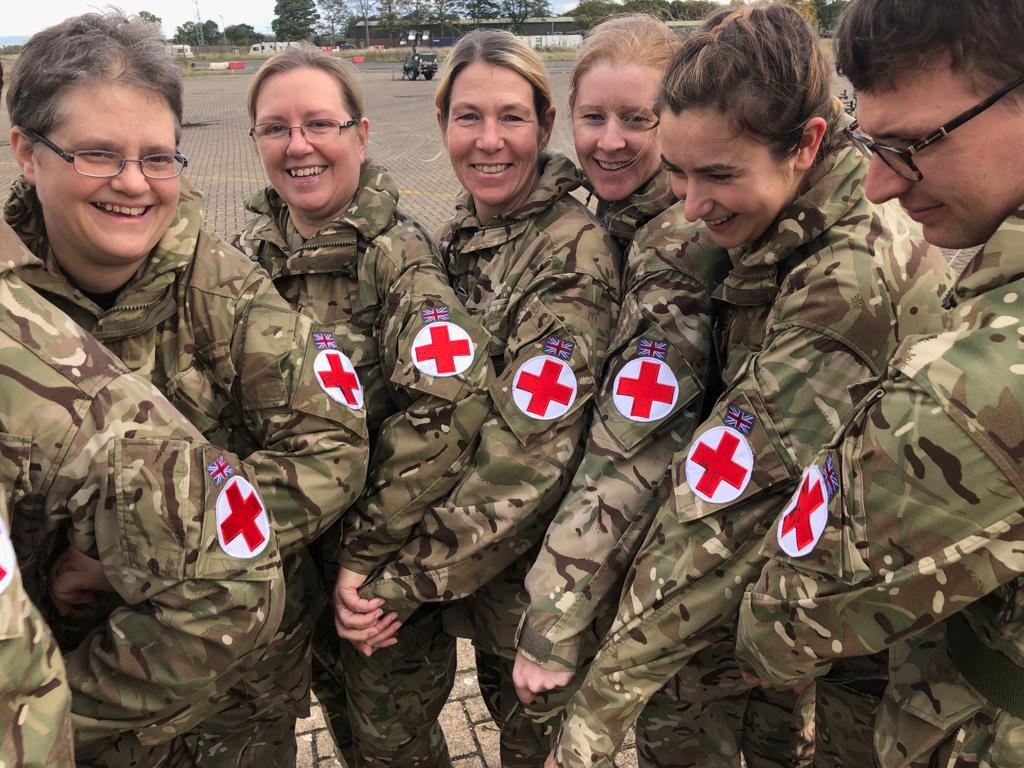
Alongside her role in the NHS, Maj Reynolds has managed to keep up her reservist training with 212 Field Hospital, which she said has "absolutely" helped when battling COVID-19.
"We were very well trained in the NHS and I’d had training in the military as well," she said.
"But the skills that we learn in the NHS and the military are all cross transferable, so I do the same job in the NHS as I do in the military."
The Armed Forces' response to the coronavirus pandemic has been the military’s biggest-ever homeland operation in peacetime.
Alongside administering vaccines, the military has also helped construct vaccination centres and support community testing.
Maj Reynlods said despite more and more people being vaccinated, she does not see COVID-19 "going away for a while".

